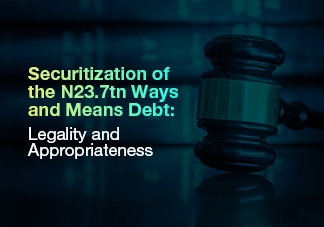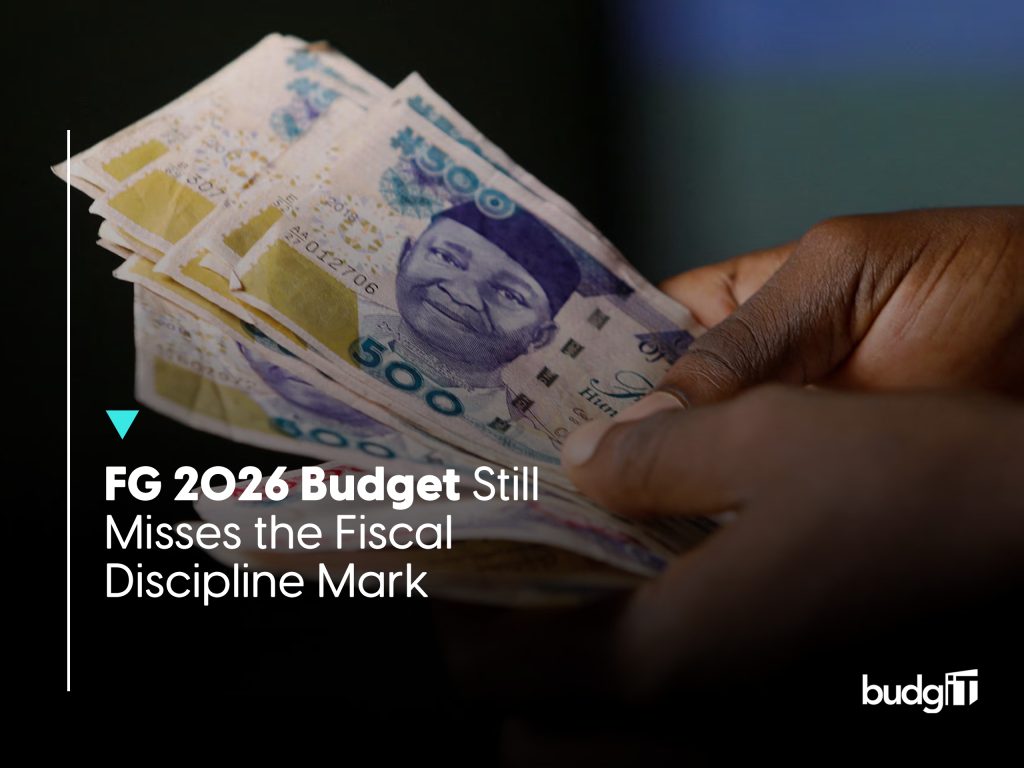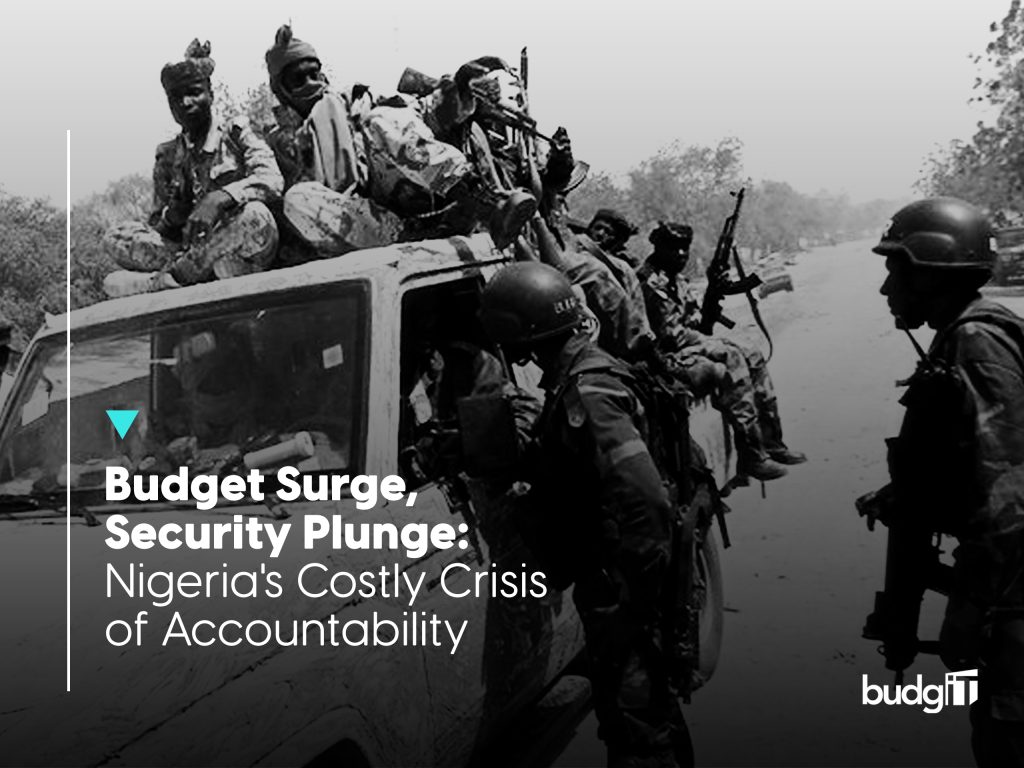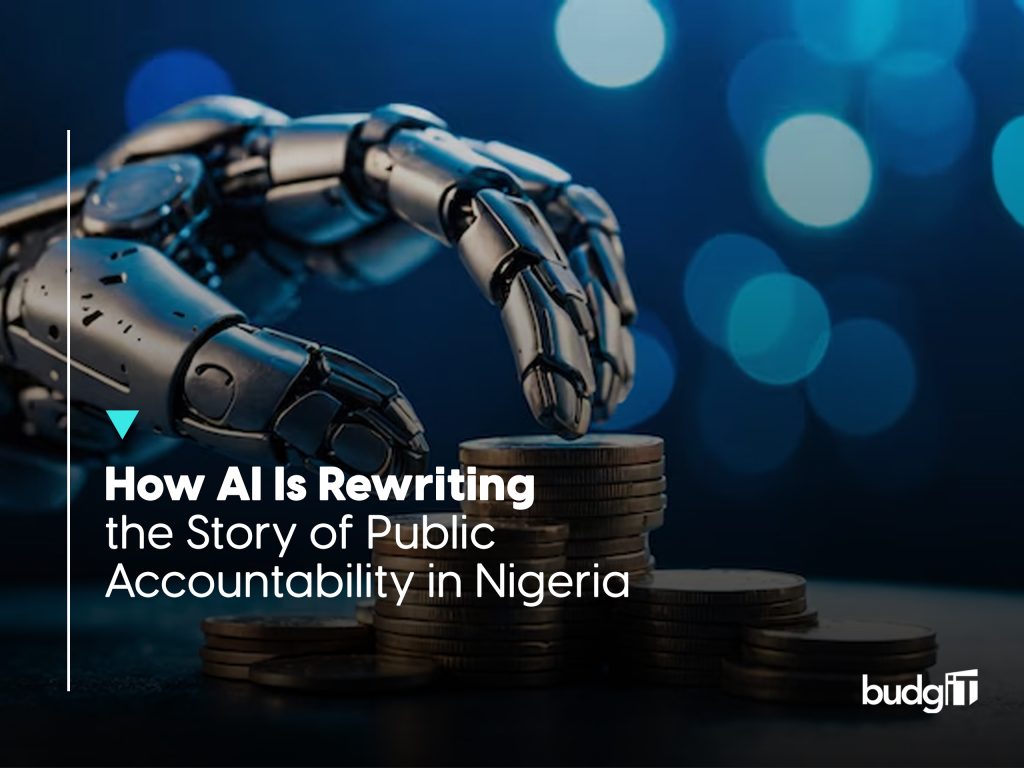In December 2022, the Federal government of Nigeria approached the 9th Assembly and requested permission to secure the debts they had incurred over the years. These debts were loans from the Central Bank of Nigeria, CBN—Nigeria’s apex institution in charge of monetary policy. Referred to as ‘Ways and Means’, the series of loans has amounted to N23.7 trillion naira, and the federal government sought to restructure these loans to a type of security which is something that can be traded. Trading the security would avail the government of newer finance. The ‘Ways and Means’ advances of the Central Bank of Nigeria were governed by regulations which have constantly been breached by the federal government and the CBN. It was recently discovered that there was not enough transparency on how these monies were borrowed and used and the most recent being that both parties—the federal government and the Central Bank—seek to restructure these loans, but these debts cannot be written off for accountability (checks and balances) purposes.
To further broaden citizens’ understanding of the concept of securitizing the federal government’s ‘Ways and Means’, BudgIT hosted a discourse that featured opinion pieces from financial analysts, namely – Kalu Aja, Certified Financial Education Instructor, Oladele Afolabi, Director, Portfolio Management Department, Debt Management Office, Chidi Odoemenam, Corporate and Finance Lawyer, Gbemisola Alonge, Senior Development Analyst, Stears Business and Vahyala Kwaga, Senior Research and Policy Analyst, BudgIT. The discourse had these speakers share their thoughts and views on the legality and appropriateness of securitization of ways and means of loans.
Securitization of the N23.7tn Ways and Means Debt: Legality and Appropriateness.
According to Kalu Aja, the ‘Ways and Means’ is a government overdraft and a facility through which the Central bank of Nigeria finances the shortfalls in the Federal Government budget. Backed by s.38 of the 2007 CBN Act, the CBN laws allow the government to borrow or spend 5% of the previous year’s actual revenue and pay back before borrowing from the next year’s revenue, subject to necessary approvals. However, the federal government borrowed ‘far in excess’ of what was permissible and was aided by the Central Bank without repaying outstanding advances: this makes the process illegal. To citizens, this means ‘extra taxes’ with an expected increase of N23.7 trillion.
Speaking about why the Federal Government was allowed to borrow such a huge sum, Kalu Aja opined that the present administration employed new formats to get money. For example, during the first tenure of President Muhammadu Buhari, the Presidential Infrastructure Development Fund, PIDF, was created from Nigeria’s natural gas dividends. This fund was saved and used for infrastructure, but presently the government borrows money from the CBN without a bill passed by the National Assembly. Moreso, this may not be unconnected to the fact that the present CBN Governor, Godwin Emefiele, was a then-presidential candidate. The ‘Ways and Means’ are not being seen because they are recorded on the books of the CBN, unlike projects that are tied to funds recorded in the Debt Management Office reports. The only report available is the amount borrowed and not exactly what it has been borrowed for. According to Kalu, should the CBN Governor go ‘Scott-free’ without penalty, Nigerians should expect a similar situation in the coming tenures.
Speaking on the rationale of the Debt Management Office on the current securitization, Oladele Afolabi, Director, Portfolio Management Department, Debt Management Office, explained that what the President has requested from the National Assembly is a restructuring of the ‘Ways and Means’ advances from CBN and to approve that, the overdraft has to be structured as a proper loan and will be paid in instalments for a 40-year period with an interest rate of 9%. If approved by the National Assembly, it becomes a public debt stock, which will bring about completeness in reporting and debt transparency, avoiding an overdraft that is not recorded in official channels.
The Violation of the CBN Act; What can be done?
Chidi Odoemenam, a corporate and financial lawyer, in his comment, stressed that from 2015 till date, Nigeria had experienced a continuous breach of the CBN Act in terms of ‘Ways and Means’. According to him, in s.38 of the CBN Act, the CBN is essentially given the power to grant temporary advances to the federal government, in other words, an overdraft to the federal government, which was clearly stated as a temporary facility. Also, in s.38(2) of the CBN Act, it was stated that these loans should not exceed 5% of the Federal government’s previous year’s actual revenue, while s.38(3a) states that these advances should be paid at the end of the federal government’s fiscal year, and if not paid, the CBN is prohibited from granting further advances to the federal government.
‘The money borrowed by the federal government has no clear statement on what it is being used for, yet the CBN governor keeps giving a blank cheque to the federal government, resulting in a continuous breach of the CBN laws. The purpose of these funds has not been clearly stated; hence, the CBN governor should be held accountable.’ Chidi added.
‘Avoiding a reoccurrence of the breach of the CBN law and over-borrowing is more economical than legal. It goes beyond enforcing legislation and is more about creating an enabling environment to ensure that the federal government does not succumb to borrowing because with a bad economy and the government having to raise funds, the temptation will always be there.’ He continued.
Legally, Chidi Odoemenam suggested the development of a policy where all CBN governors sign annual declarations, with clear consequences, to avoid further breach of s.38 of the CBN Act in respect of ‘Ways and Means. Meanwhile, should the National Assembly reject the request, that will indicate the end of the transaction, as the process for the conversion requires the approval of the National Assembly. The conversion (to loans in public debt stock form) needs the approval of the National Assembly, or they will have to remain as ‘Ways and Means’.
Prior to 2015, the government had a cumulative ‘Ways and Means’ debt of approximately N790 billion naira; thus, the current debt consists of the previous N790 billion naira debt and the N23 trillion naira debt accumulated during President Muhammadu Buhari’s 8-year administration.
N23.7 trillion Ways and Means Debt… who is to blame?
In addition to an explanation of how the debts accrued to their current status, Gbemisola Alonge stressed that the Ministry of Finance, the National assembly, and the Budget Office are partly responsible. She stated that since 2015, the Buhari-led administration has been overly optimistic in drafting the nation’s annual budget, creating assumptions that expect revenues at strange numbers and unrealistic expenditures, thus widening Nigeria’s fiscal deficit year on year. By implication, financing the deficit makes the government borrow from domestic and foreign institutions, including the Central Bank of Nigeria.
The Ministry of Finance, Budget Office and National Assembly assume they would meet up with the overly optimistic budgets, while the National assembly continuously approves budgets without plans on how to fund them.
‘The plan for the 2022 budget was to borrow N2.5 trillion from foreign sources; however, because of how largely Nigeria had borrowed, the foreign market downgraded Nigeria, making it difficult for the government to borrow. To this end, the government sorted an additional N6 trillion naira deficit for the 2022 budget from the CBN again’. Gbemisola said.
Securitizing the N23.7 trillion advance gives Nigeria and Nigerians a realistic picture of the debt situation in the country. According to the Debt Management Office, N23.7 trillion plus existing internal and external federal government debts, and States and Federal Capital Territory (F.C.T) debt totals N77 trillion. This is the total Public Debt Stock in the entire country. Per the economy, the deficit also reflects poorly on the state of Nigeria’s economic performance. For example, businesses are left in a terrible position. Fitch and Moody’s downgraded Nigeria’s credit rating, along with some Nigerian companies, because these companies are exposed to the government’s fiscal position. It also signals to foreign investors that Nigeria is facing a downturn.
There are a number of challenges with uniting fiscal and policy monetary tools. Monetary policy is how the apex bank (CBN) is able to steer the economy appropriately, having a goal of price stability that reduces inflation and enhances economic growth for the country. The Central Bank’s goal is to ensure that the prices of goods and services in Nigeria fall between a 6% to 9% inflation rate with a very limited frequency of price increases.
More so, fiscal policy involves how the Federal Government uses its revenue and expenditure to steer the country in the right direction economically and socially. The goal is to have a 10% growth rate yearly. The higher the inflation, the lower the growth rate. However, the CBN funding of the Nigerian government has been detrimental to the economy because when the federal government takes money from the CBN and disburses it to individuals, it, in turn, leads to an increase in inflation.
How can the Government Address it differently?
During the early period of the COVID-19 pandemic, borrowing was essential for the government, and the federal government borrowed both externally and internally. In other instances, the administration has spent without control, and this affects personnel expenditure. First, the federal government needs to regulate its borrowing by making realistic assumptions of its revenue and expenditure projections. If there is less deficit, there would be a lower urge to borrow. The Federal Government should work its budget around its revenue and leave little or no room for deficits. In addition, crude oil is crucial to Nigeria’s national security. It is a good and reliable source of revenue generation. Thus, feigning ignorance of the misappropriation and mismanagement of funds from oil sales will lead to continuous borrowing. The excessive borrowing of the federal government beyond the statutory level will have consequences. For example, it will be difficult for the incoming administration to regulate and liquidate. Also, Nigeria needs to adjust its structure of democracy – the Debt Management Office, Ministry of Finance, and National Assembly should ensure that things work as they should. Per the economic impact, Nigeria needs to find sustainable and inclusive growth, the tax bodies need to have the capacity to take taxes efficiently.
To run an economy is complex, which is why certain governance tools are in place to create a balance. If properly utilized, there would be a positive change in the Nigerian government.



